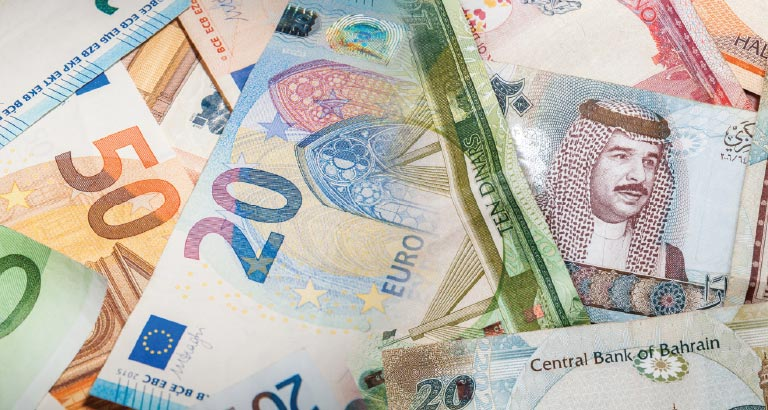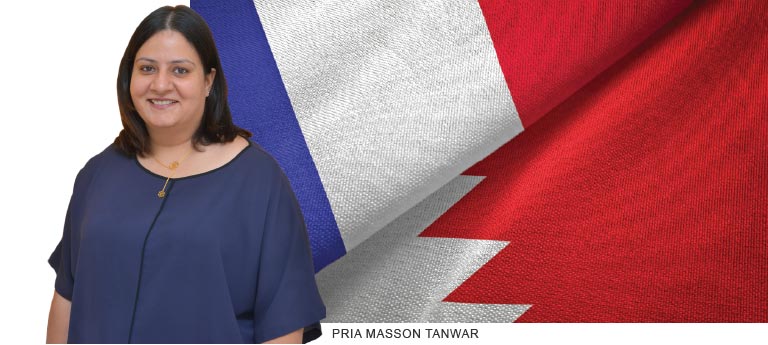
Financial expert Pria Masson Tanwar looks at international trade.
As per the bottom-up approach of economic theory, grass-roots-level changes have an upward impact on economic activity across all levels. When we transpose that onto relations between countries and the role that economic activity must play, the grass-roots approach touches the true root – money.
Trade, as a concept, rests on the premise of a demand-supply gap in some goods or services. When we followed the physical barter system, apples were exchanged for oranges in an appropriate ratio and oranges for, perhaps, a shoe repair service. Under that system, if I had a bag of apples and wanted a bag of oranges, there were a lot of orange sellers I could choose from, I would choose the one who could give me the best value for my apples. If the seller was a friendly party, that was icing on my cake and an easy decision on who to sell to. If someone had fabulous oranges and wanted very few apples in exchange for them, making friends was easy enough.
 Invisible Impact
Invisible Impact
When economies interact however, the concept of value and on just what the impact will be on the grass-roots levels can take on many faces. Sometimes it goes beyond what is evidently visible. For example, if American brands gain access to Bahrain, of course there will be more products from America being sold and more jobs being created in the domestic market. However, the people are starting to partake in a more American way of life. If a French school brand enters Bahrain, the children are going to have access to French education and exposure to French history. If a German hospital sets up base, more Germans enter the country as does German medical know-how. It can re-wire our expectations around how life and business are conducted.
Familiarity
That impacts how we interact with that country. Because the country with which we trade is, in fact, familiar ground. So, if French or German or Italian businesses or people interact with my economy, I know their ways a little more. I hear of places I may not have through them and perhaps some of these go on my travel list. Some foods I hear of become things I want to try. So, when the new speciality restaurant from that country opens its doors, I feel like it’s somewhere I want to visit. I read about the country in the local papers and on the internet and it does not seem unfamiliar. These same traders go back home with a similar sense of familiarity. They see opportunities that can be shared across borders. As one economy starts to depend on another from an economic and lifestyle perspective, support for policy decisions becomes more favourable. Economic activity may not change the place we call home, but it creates homely environments for more countries and nationalities in a larger number of locations.
Supply and Demand
While it seems as if having money as the common trading currency could have complicated matters, as compared to a simple barter system, it really has not. Break it down to the basics and it’s still the same. Economies trade or interact based on what they can supply and on what they have a need for. Just like in the barter system some economies have high levels of productive and able human resources, some have infrastructure, some have know-how in a specific area. With the world appearing as a common marketplace, the same principals of the barter system dominate – best value, maximum gains, friendly partner. And if the price is right, you can always make a new friend.
You can follow Pria on Instagram at money_cues or visit http://www.i2d-consulting.com to know more about her professional experience.



